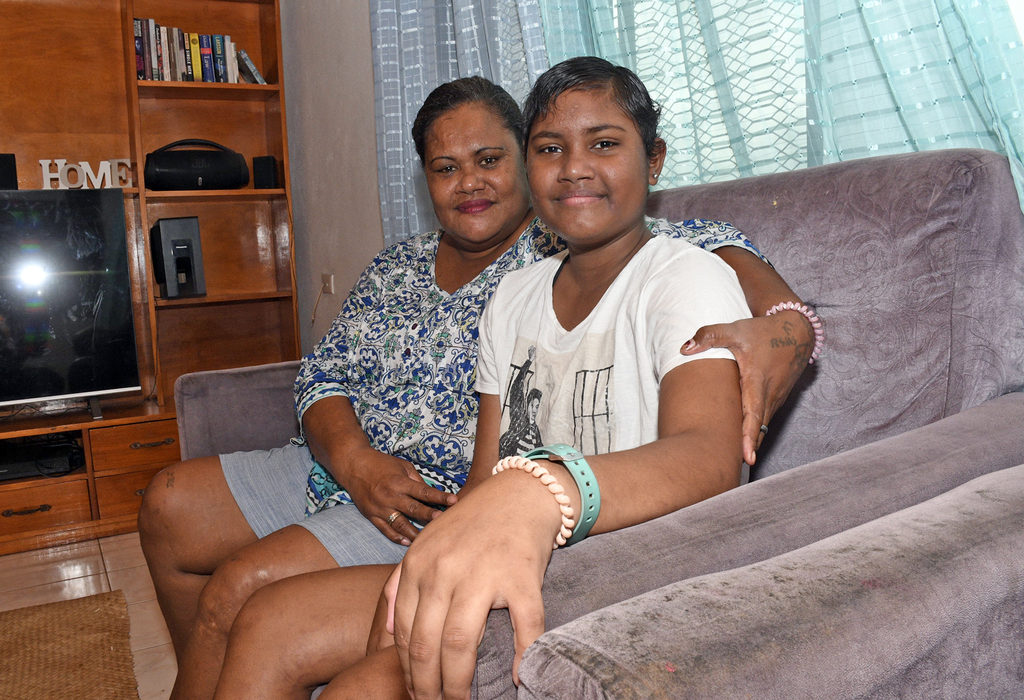EDUCATION systems play an important role in helping young people living with lupus cope better. For Arieta Toga, 14, the support of her peers and teachers at St Joseph’s Secondary School are crucial for her wellbeing. Leaving behind the familiarity of her home and parents, the teen moved to Suva in pursuit of better education opportunities.
Late last year, she began experiencing lupus symptoms. Drawing on original reporting and interviews conducted by this newspaper on 1 May 2025, Arieta talked about her struggles with lupus, and how the support and understanding of her school makes a difference.
The Fiji Times: When did you first start experiencing lupus symptoms and when were you diagnosed with it?
Arieta: It first started last year, just before my annual exams. I was at home when butterfly-shaped rashes began to spread across my body. They started on my back and eventually appeared on my face. I also began to feel pain in my joints. My lips and face became swollen. At one point, my menstrual cycle stopped for three months. I started losing weight rapidly. My family took me to the doctor almost every week, but each doctor gave a different explanation. I began to feel the pain and noticed changes in my body between October and December – even to the extent of losing my hair. It was a different kind of pain – deep, strange, and hard to describe.
The Fiji Times: What are some of the things you went through as part of this experience? How did it affect you physically, mentally and emotionally?
Arieta: Physically, my body changed with the symptoms, and as a 14-year-old girl, it was painful and frightening. I cried most nights because I was away from my parents. I live in Nakasi with my mother’s brother and sister. My parents are from Cakova Village in Lau. They sent me to Suva for high school, and my uncle enrolled me at St Joseph’s Secondary School. Living in Suva without my parents has been a big change. I don’t get to enjoy the same privileges as when I was with them. I have to share everything with my little nieces and nephews. I started hiding my pain because I didn’t want to burden my uncle and aunt. They’ve done so much for me already. But hiding the pain only made things worse. I suffered in silence, and by the time my condition was diagnosed in December, it had become serious. I ended up spending New Year’s Eve in a hospital bed at CWM Hospital.
Mentally, I began to feel frustrated and confused. I blamed myself because I didn’t know what was wrong with me. No one had given me a clear diagnosis. My Nau (grandmother) believed in the iTaukei explanation of watini tevoro – that I was possessed by or married to an evil spirit. She told me to pray harder so I could fight the demon inside me. My uncle thought I was pregnant because I hadn’t had my period for months. I explained that I had never been touched by a man. My aunt believed someone had cursed me, so she invited a pastor to pray for me and have visions. But nothing worked. My symptoms only got worse, and I began to feel depressed. Not knowing what was happening to my body affected me deeply – mentally and emotionally.
Emotionally, I reached a very dark place. I began to hate myself and, at times, wished I could die to escape the pain. I screamed for help and even cried out to God, asking Him to take me. My knees were swollen, my hips were constantly tired and aching. I kept telling myself I didn’t deserve this pain. I felt emotionally drained and completely exhausted.
The Fiji Times: How did you cope – between the symptoms you were experiencing and managing school and studies? What helped you survive your toughest moments with lupus?
Arieta: It was during my annual exams that I faced all these symptoms and pain. Despite everything, my uncle encouraged me to go to school and sit for my exams under supervision. He spoke with my form teacher about my illness so they could support me. I was suffering, but I channeled all my pain into my studies as a way to distract myself. I managed to sit all my exams and receive my results – I passed well. It was through the prayers of my family, my own prayers, and unwavering dedication that I made it through. It was God all along who gave me the strength.
The Fiji Times: What is your current status in terms of lupus?
Arieta: At the moment, my blood tests are clear, but I still attend regular reviews with my doctors. For lupus, I have been advised to continue taking my medication and to maintain a healthy diet in order to live a longer, healthier life. My family has been my biggest cheerleader – they are constantly looking after my wellbeing and making sure I receive the right care and support.
The Fiji Times: What are some things you’ve learnt through this experience and what are some of the challenges you still face?
Arieta: Through this experience, I’ve learned a lot about strength, patience, and the importance of family. I now understand that health is something we should never take for granted. Lupus has taught me to listen to my body, to rest when I need to, and to always speak up when something doesn’t feel right. I’ve also learned how important it is to have a strong support system – my family, friends, and doctors have played a huge role in helping me get through the hardest moments. Some of the challenges I still face include the physical pain that comes and goes, fatigue, and the emotional toll it takes on me. There are days when I feel tired even after a full night’s sleep, or when my joints hurt so much, I can’t move easily. I also sometimes feel isolated because not everyone understands what it’s like to live with lupus. It’s a silent illness – people can’t always see what I’m going through, which makes it harder to explain. But I try to stay positive and take it one day at a time.
The Fiji Times: Based on your experience with lupus, what message or advice would you like to share so people can better understand what life with lupus is like?
Arieta: If you don’t live with lupus, my advice is to be kind, patient, and understanding to those who do. You might not see their pain because it’s not always visible, but that doesn’t mean it’s not real. Lupus can make someone feel very tired or sick even if they look fine on the outside. Try not to judge or make fun of someone if they miss school or can’t do certain activities. Instead, be supportive and include them in ways that make them feel safe and valued. And most importantly, be grateful for your health and use it to help others when you can. Thank you for taking my story to create awareness for young girls like me.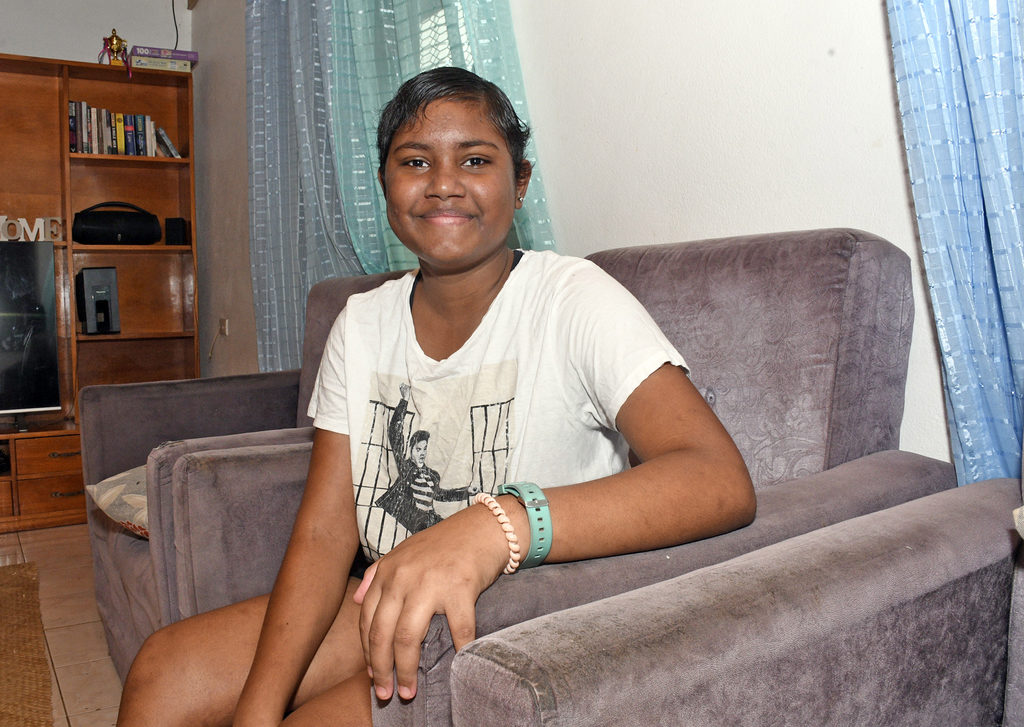
Arieta Tuinasaqalau Toga, 15, at her home in Nakasi on Wednesday, May 07, 2025. Picture: JONACANI LALAKOBAU
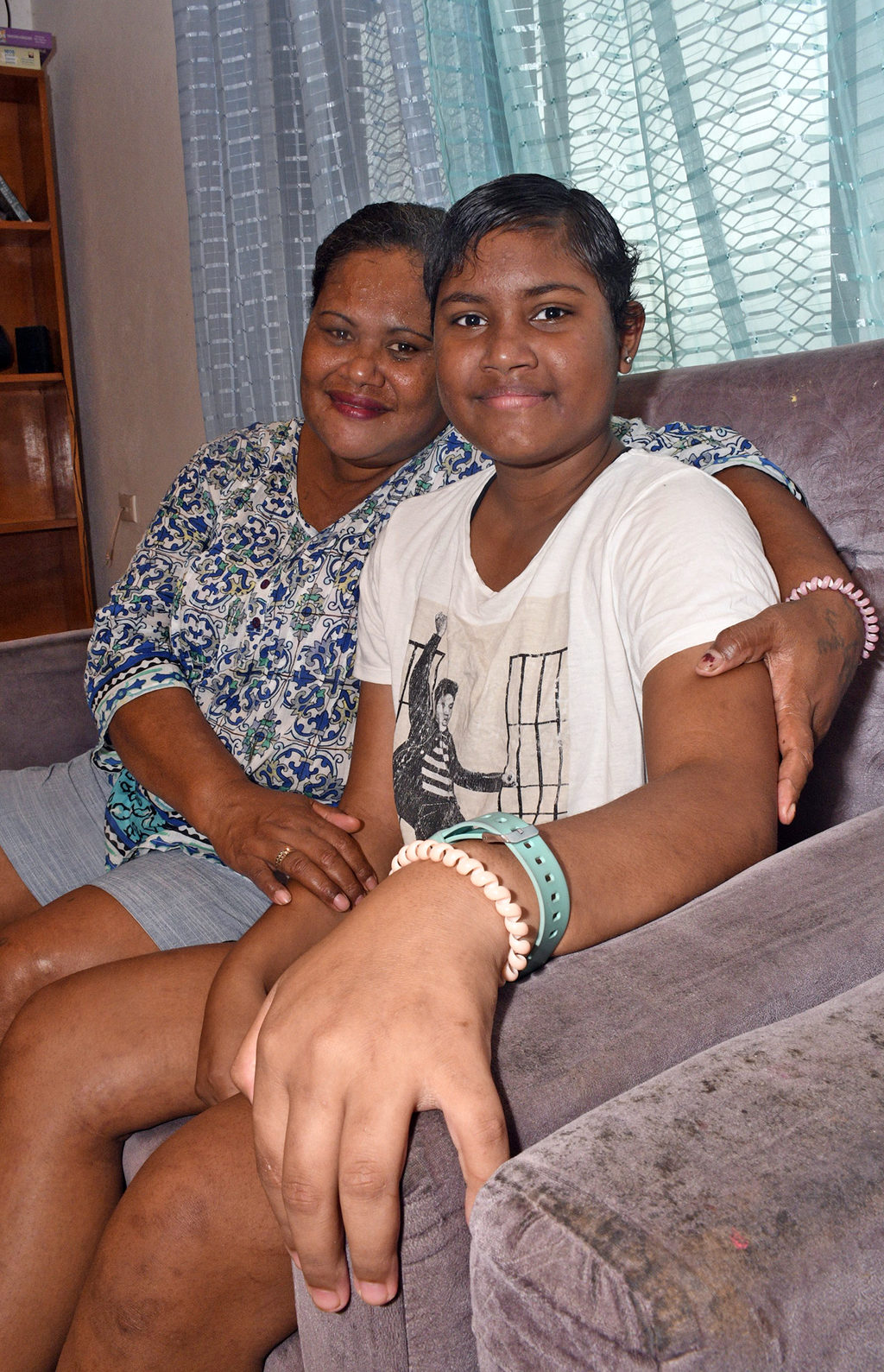
Arieta Tuinasaqalau Toga, 15, with her mother Sainimere Tadulala at their home in Nakasi this week.
Picture: JONACANI LALAKOBAU
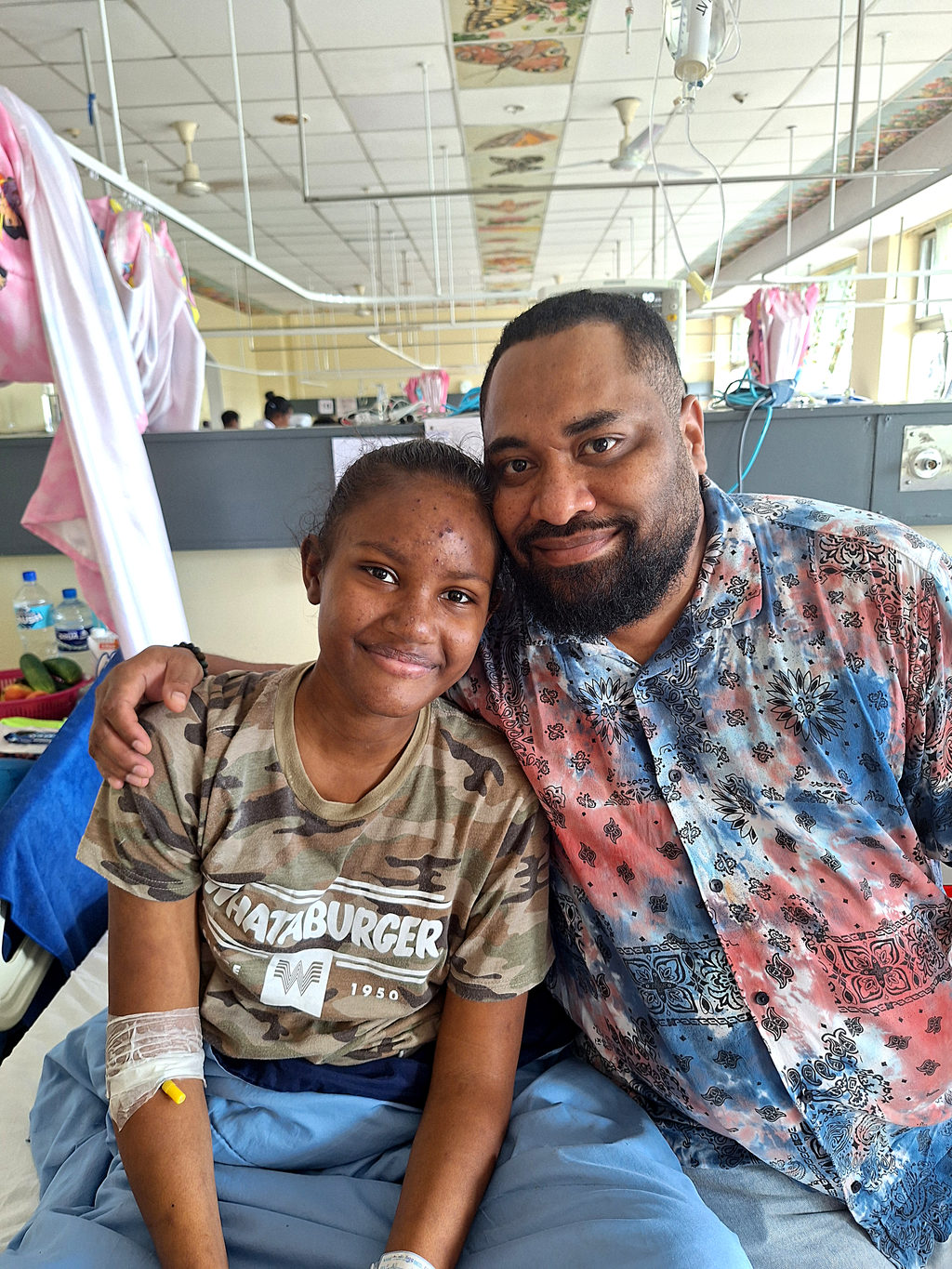
Arieta and her uncle, Ropate Valemei at the CWM Hospital in Suva. Picture: SUPPLIED
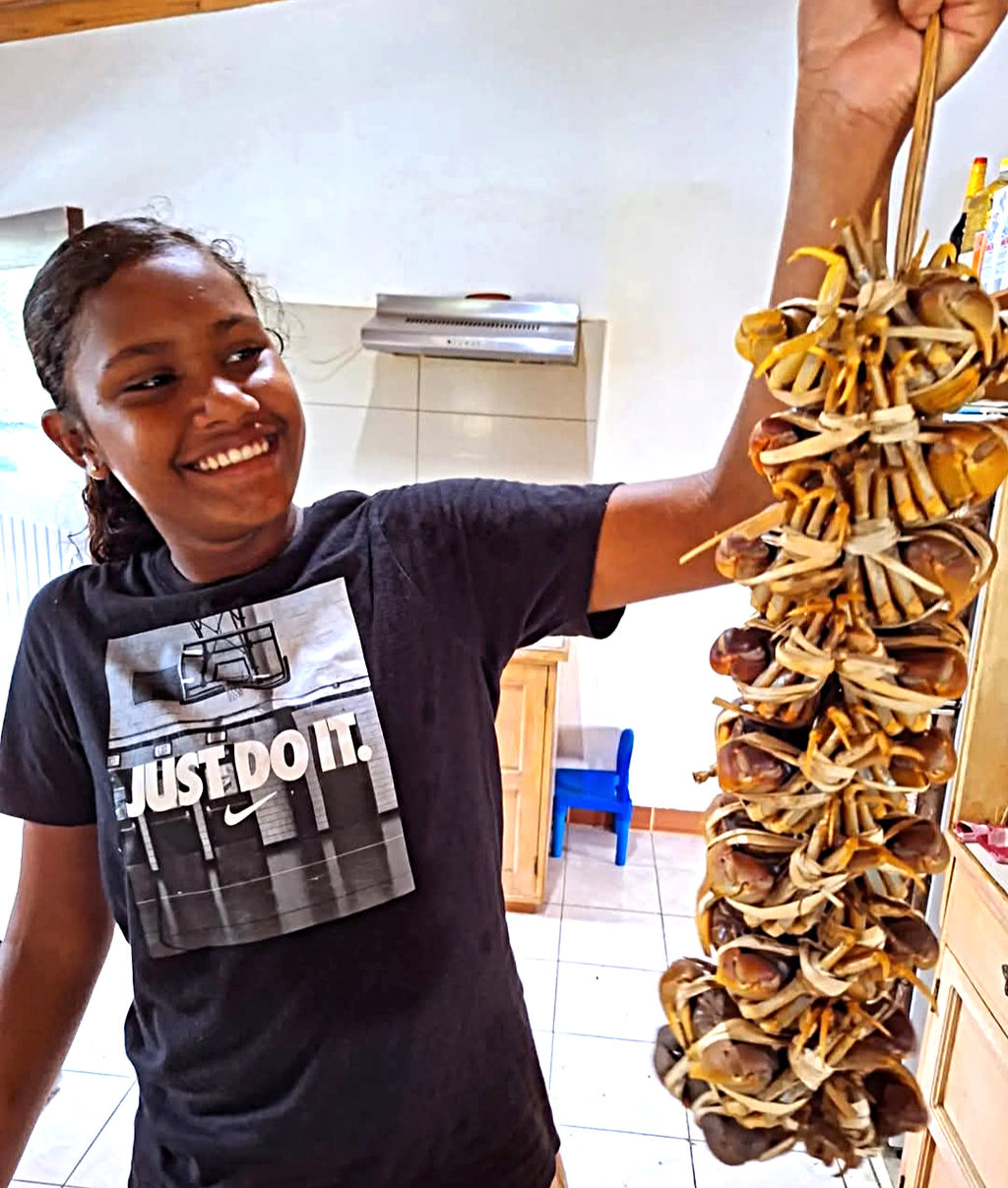
Silent illness… People can’t always see what I’m going through, says Arieta Toga. Picture: SUPPLIED
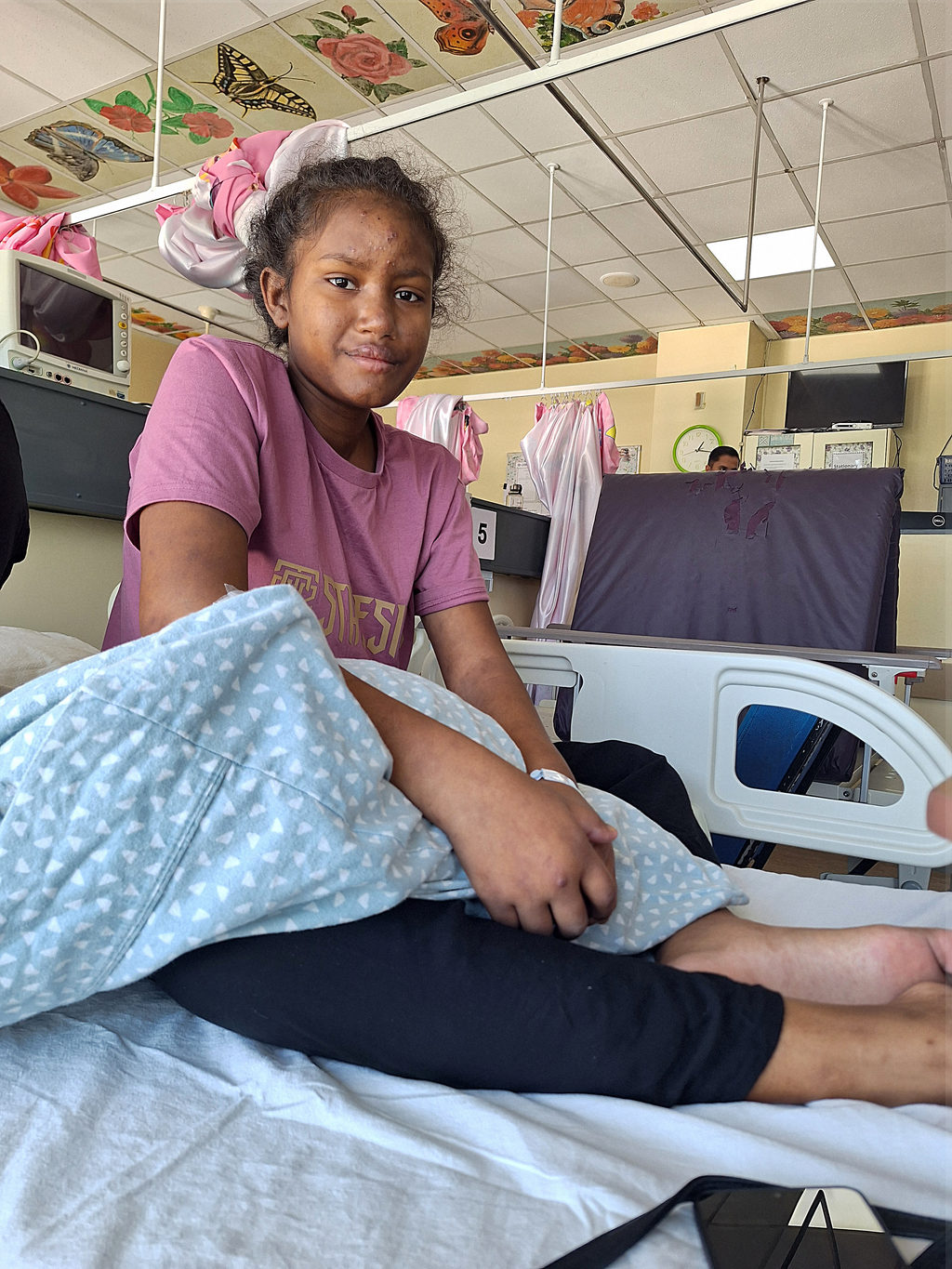
Arieta Toga at the Colonial War Memorial Hospital on New Year’s Eve last year.
Picture: SUPPLIED
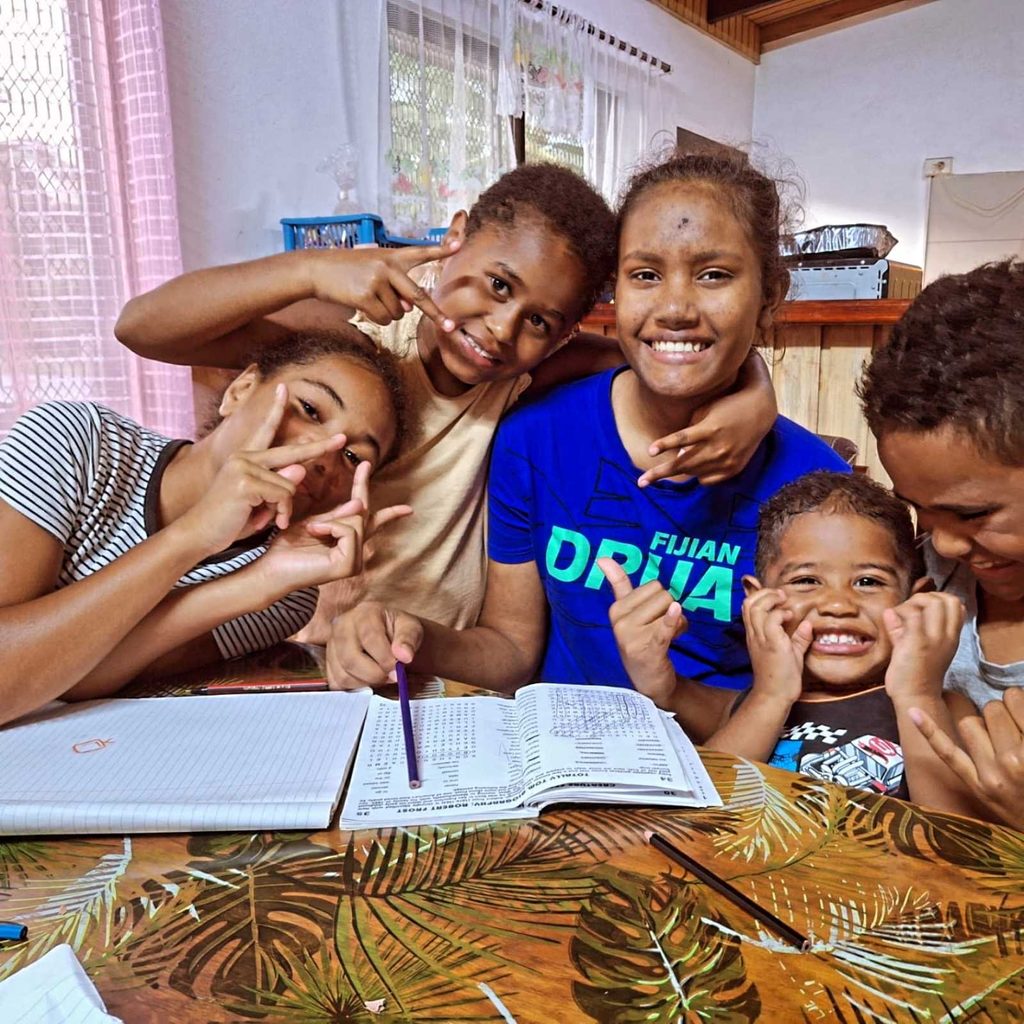
Strong support system… Arieta Toga with her cousins after her discharge from hospital. The teenager credits her survival to her faith and the support of her family, school and friends. Picture: SUPPLIED

